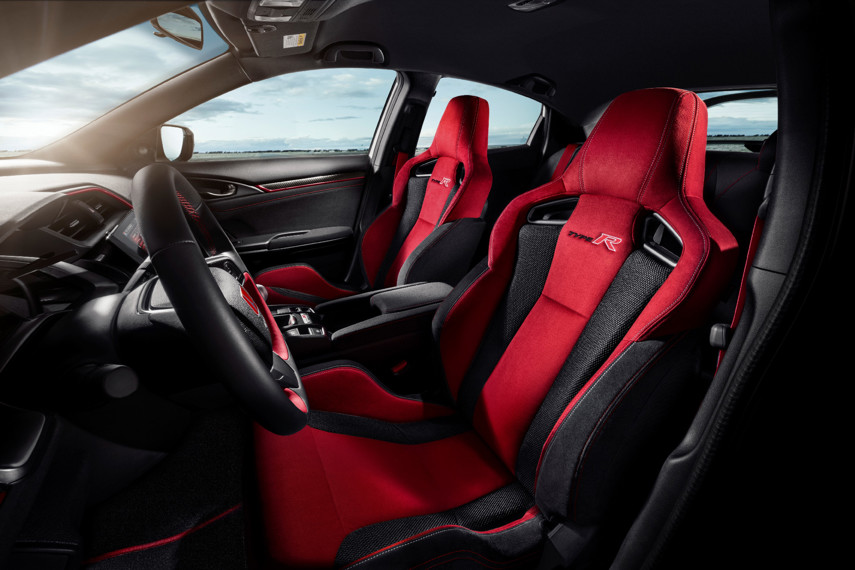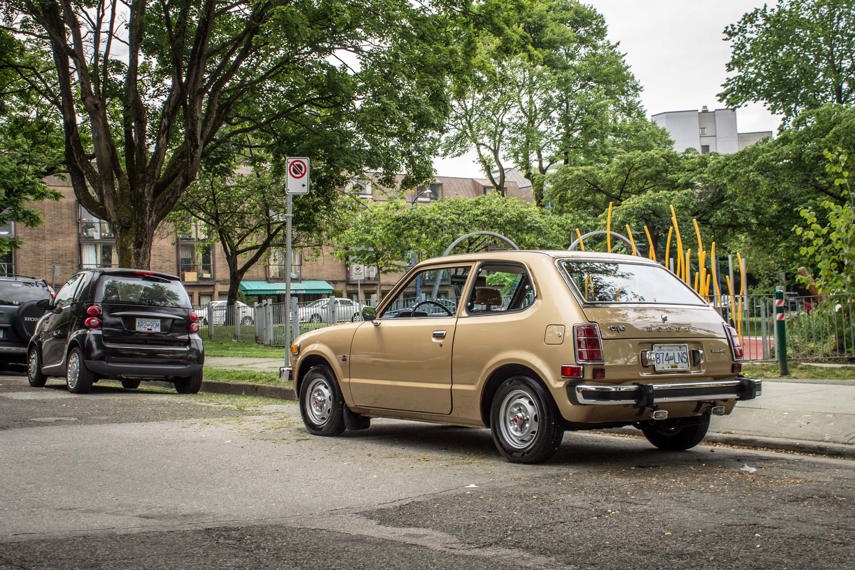Buy new? Or buy used? For many car shoppers, this is pretty much the most complicated question of life. Further difficulty arises from the fact that there’s no correct answer: where you and your wallet stand to benefit or suffer at the hands of a new or used ride varies widely based on numerous factors relating to budget, lifestyle, tastes and more.
We can’t make the decision between new and used for you, but we can give you a few pros and cons, and some thoughts, on each option.
Read on.
Buying New

Pros
For some, there’s an important sense of pride associated with buying a brand-new car. Your brand new car. A brand new car with seats unsullied by anyone else’s backside and one that will be filled with nobody’s memories and experiences but your own.
With a new car, you’re covered by the full extent of all factory warranties, including bumper-to-bumper, powertrain and more. Buy new and you’ll have many years of worry-free driving, since the new car warranty has your back. Adding any extended warranty coverage you deem worthwhile is typically less expensive on a newer vehicle, too. Translation? Maximum peace of mind for years to come.
With many models across many brands, there’s a possibility of long payment terms, with minimal (if any) interest. Zero-percent financing? Take that to read, “Here, borrow our money for free!” For many shoppers, low- or no-interest financing over a long period makes buying a new car a compelling option.

You get exactly what you want, since the brand-new car can be ordered with the color, options, accessories and add-ons that you’re after, and nothing that you don’t. No concessions, no compromises.
You know what you’re getting, and there are no looming questions or concerns as to how the vehicle was treated or maintained.
Cons
Buying a new car will probably cost you more than buying a used car.
Buying a new car can be more time-consuming than buying a used car.
Depreciation, which is the number one expense associated with car ownership, is strongest when you by a new car. Drive off the lot, and your vehicle is instantly worth less money.
Buying Used

Pros
Used cars cost less than new cars, all else being equal.
Many used cars can be purchased as part of a Certified Pre Owned (CPO) program, which typically means the vehicle was subjected to a lengthy inspection and some reconditioning, to ensure it meets a high standard of quality and fitness. This can add further confidence to the purchase decision.
With many used cars, extended warranty coverage can be added for a cost – offering up peace of mind on par with buying brand-new.
Someone else has taken the major upfront hit to depreciation, especially if the used vehicle you’re considering is only a few years old.
Cars, in general, are pretty reliable these days – so buying one a year or two old is probably a safe bet. Plus, with four- and five-year warranties being the norm these days, it’s easy to find a few-year-old car that’s still covered by some portion of its factory warranty.
Cons

You’ll want to have any privately sold used car you’re considering subjected to a pre-purchase inspection by a mechanic, but this costs a few bucks, and means you have to go to a garage after your test drive.
That used car could be a flaming dumpster of garbage that someone else wants to get rid of. It could also have upcoming or overdue servicing or maintenance requirements that the seller is avoiding, in hopes of passing the bill along to you.
Even newer used cars could be concealing pricey issues that the seller would rather you foot the bill for. This reinforces the importance of a pre-purchase inspection on any used vehicle you may be considering, regardless of online reliability ratings, or how reliable your uncle’s was.
Applicable warranties could be void, if the seller failed to maintain the vehicle properly, or modified it in some way.
There’s a level of uncertainty that comes from buying a used car, and it can stress many shoppers out.

